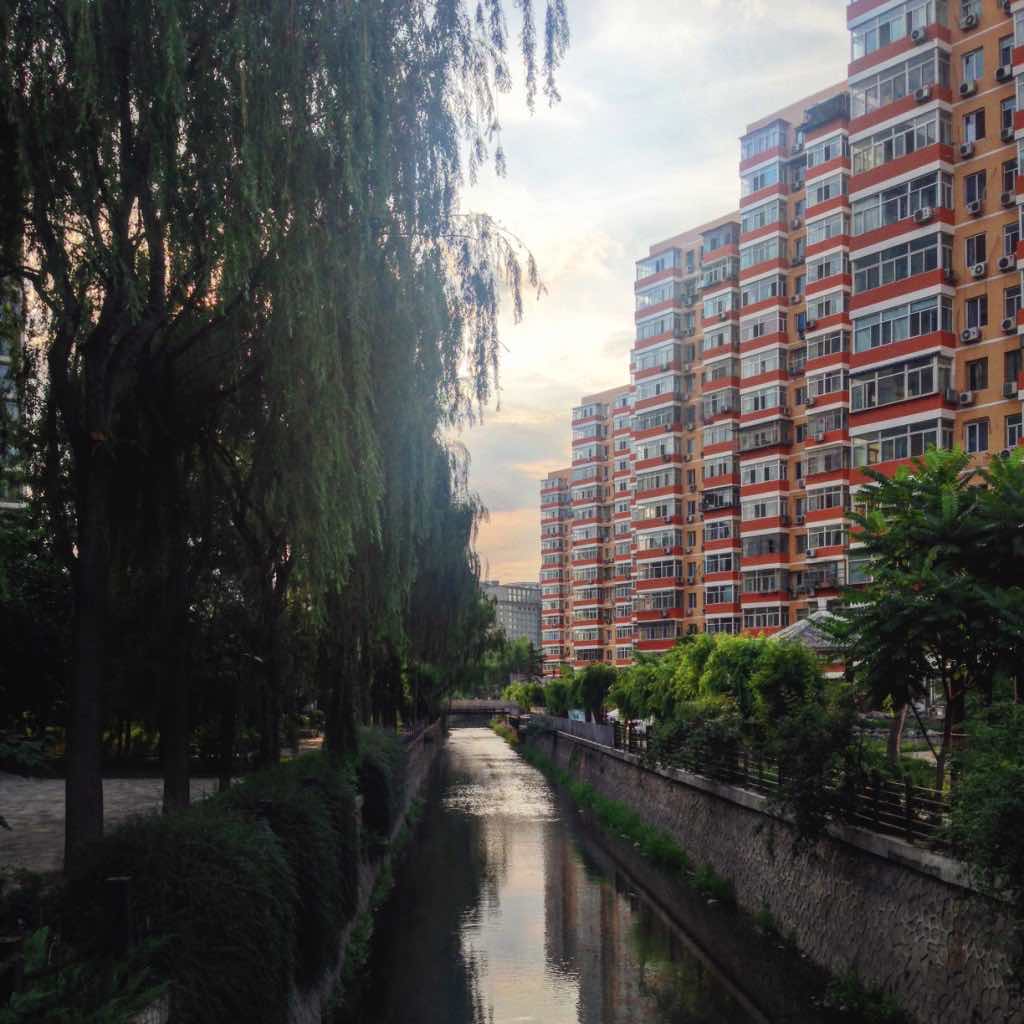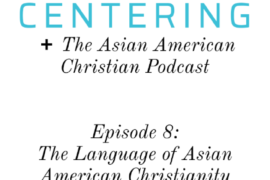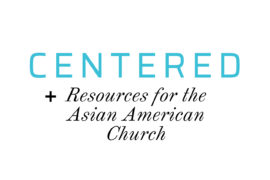[Editor’s Note: This post is a follow-up to Missions in the Motherland, Shinyen’s first article on being an Asian American missionary in Asia.]

As a Chinese American missionary in Taiwan, the challenges and experiences I’ve had on the field are different from those of my non-Asian counterparts.
On one hand, many of the things people usually talk about as “culture shock” weren’t shocking for me. The language, food, and general Chinese culture were things I was already familiar with, even if I wasn’t an expert in them. For example, although I often find it unfair, I understand that I need to be very respectful and circumspect with my elders, especially if they are male.
On the other hand, I have encountered several issues that many of my non-Asian colleagues have not had to deal with.
Issue #1: No Longer a “Model Minority.”
- What was culture shock for me was the difference between being Asian in Asia and being Asian in America. As part of the ethnic majority in Taiwan, it felt good to finally be “normal.” But I soon realized this also meant no one assumed I was the smart, responsible, hard-working model minority anymore. It was sobering to acknowledge that I was getting more offended by people overlooking my talents and achievements than by people overlooking my faithfulness as a follower of Christ.
- Another missionary once advised me to diligently guard my Quiet Times. I need to spend time being still, laying down everything at God’s feet, and learning to simply accept His love. As an Asian American, it has been difficult to believe myself worthy of accepting God’s agape without bringing an accomplishment before Him. One of the biggest lessons God has been teaching me is how to be content with being small and weak, even as my Heavenly Father indulgently allows me to participate in His kingdom-making.
Issue #2: “Not Asian Enough.”
- Asian Americans do adapt more quickly to local culture, but most of us will not fully assimilate. I may look and sound like a Taiwanese person, but I don’t think like one. I often get confused with procedures at the hospital or post office, I’m not good at discerning when someone’s “yes” is actually a “polite no,” and — despite my best efforts — I still occasionally offend people by speaking too directly.
- Asian Americans, unfortunately, are not given as much grace as other foreigners. If Asian Americans commit a social faux pas, we are not so easily forgiven, and if we don’t understand something, people may not be very helpful. Often, if I ask someone to repeat a word I don’t understand or if I ask what the steps for a procedure are, I’ll just get an annoyed look for asking “stupid” questions. Worse than being a “perpetual foreigner” in America is being a “pseudo foreigner” in Asia.
- Maybe one day I will be fully competent in Taiwan. But, for now, I’ve learned to accept being a foreigner. It encourages me to remember that, after all, we are sojourners on earth. So I’ve learned to politely ask if there are English instructions. I know most of the time there aren’t, but just asking is a signal that I’m not local. Taiwanese people are very hospitable, and once they grasp that they’re interacting with a foreigner, they usually try their best to help.
Issue #3: “Not American Enough.”
- Ironically, Asian American missionaries also need to be prepared to have their Americanness questioned on a regular basis. I have gotten “your English is so good,” many more times in Asia than I ever have in America. The reality in Asia is that people will respect White Americans more than they will respect Asian Americans, even if the latter are more educated, experienced, or knowledgeable biblically and linguistically.
- For example, when I’m serving with a non-Asian co-worker, people often assume that I am an assistant. Many Taiwanese unwittingly accept that Westerners have better insights or greater right to interpret the Bible. For Asian Americans who have spent our lives feeling belittled by the American majority, it’s incredibly hurtful to finally “go home” just to have “your own kind” also belittle you.
- It has helped to build relationships and share my experiences of living in America or living as a foreigner in Taiwan. Most people at my local church understand now, but there are still those who just can’t grasp that I’m American. This brings me to perhaps the most substantial lesson that God has been teaching me as a missionary — forgiveness.
- Jesus came and died to save a world that didn’t, and still doesn’t, understand who he is. A world that couldn’t accept how he could be both Human and God. And yet, from the cross, at the brink of death, he cried, “Father, forgive them, for they know not what they do” (Luke 23:34).
Culturally and linguistically, Asian Americans have an advantage when serving in “the Motherland.” But being multicultural individuals in a world that likes to categorize will also present challenges.
People will offend you. You will get frustrated because you will offend others, too. Guard your Quiet Times, recall who you are in Christ, be humble, choose forgiveness, and remember that Jesus ended the Great Commission with a promise: “I am with you always, to the end of the age” (Matthew 28:20).



8 Comments
Pingback: calm music
Pingback: cafe music
Pingback: sweet jazz
Pingback: water fountain
Pingback: Christmas jazz music
Pingback: coffee music
Pingback: bossa jazz cafe
Pingback: spring jazz